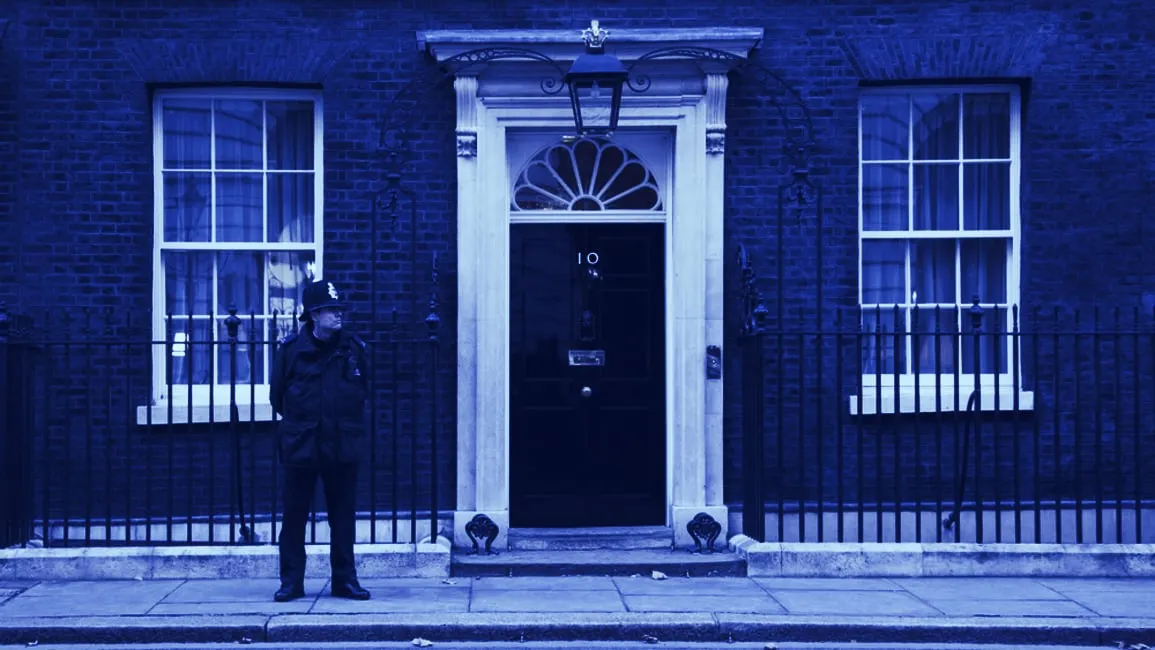Blockchain in a box, that’s the promise DLT_LAB is selling to London’s burgeoning crypto startup scene.
By running bootcamps, it hopes to take the key leaders from London’s tech startup scene and inject them into the blockchain industry. DLT_LAB is a new organization but its founders have a history of launching companies and working in the blockchain space. The team is betting big, pulling in support from the government-funded CASTS project—aimed at building up London tech startups—that has the backing of the European Regional Development Fund, although Brexit might change that.
“We’ve designed our Bootcamp’s schedule so it’s focused on helping you BUILD. This is not a classroom type event. We want you to leave the Bootcamp with a product sketch and a presentation on Sunday, go meet your boss on Monday and get your first customer on the spot,” wrote David Sabo, founder at DLT_LAB, in a Medium post.
The bootcamp will take place between March 1 and 3 and applications must be in no later than February 21. It’s designed for people with tech or startup experience in other industries who want to get into the blockchain sector. The bootcamp has ambitious goals—you design the product, build a prototype and form a launch strategy in just three days. Each founder will create a basic version of their own blockchain basing it on whichever one is most fit for purpose.
DLT_LAB is a venture lab that was set up to help introduce entrepreneurs to blockchain technology—or distributed ledger technology as the lab and Theresa May likes to call it. Once incubated, the lab will join a select few of the companies as co-founders, providing funding and engineering resources in exchange. Other founders include Georgina Brett and James Roy Poulter, both executives at investment bank The Reserve, also based in London.
Brett told Decrypt, "We are aiming to create enterprise-ready solutions for problems where DLT is, in fact, the right solution to the problem. We will do more than just build the tech: we will train, mentor and support founders to help them achieve their vision."
London is trying, like many other cities, to try and be a hotbed for blockchain startups. The UK's Financial Conduct Authority has been dangling all sorts of carrots in front of would-be entrepreneurs trying to tempt them in the warm British waters. Offers of "sandboxes"--that allow firms to test products and services in a live market setting under the watchful eye of Her Majesty's government--and a regulatory 'light touch' have been put forward. However, it might have its work cut out. Singapore, arguably the world's most pro blockchain state has given tax breaks and more generous regulations than the UK seems willing to allow. The problem, it seems is that no one seems to know what to do with it.
Everything from tax, to Land Registry records and even the health service have been mooted as possible routes in to decentralized technology. But alas, the government has yet to bite. The Cryptoassets (yet another name) Taskforce has finally produced its report recommending how cryptocurrencies should be taxed, suggesting that income tax and capital gains tax should be applied to them, but again, little seems to be changing. But the government is yet to act. A case in point--Chancellor Philip Hammond suggested recently blockchain could solve the Irish border problem. Which is about as sensible as putting children “on the blockchain.”

